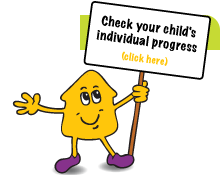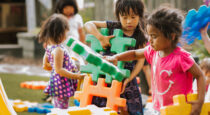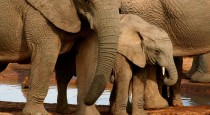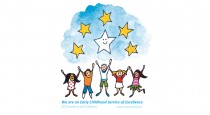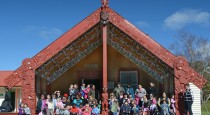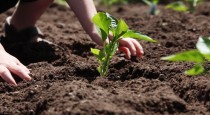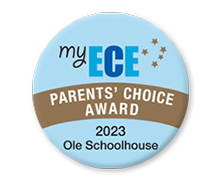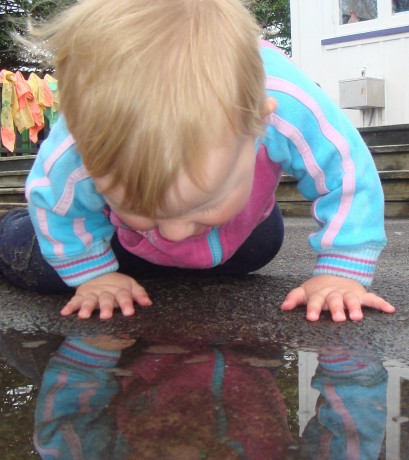Early Years Science
Early Years Science
How Fundamental Concepts and Skills Develop
Children acquire fundamental concepts through active involvement with their environment. As they explore their surroundings, they actively construct their own knowledge.
As any scientist knows, the best way to learn science is to do science. This is the only way to get to the real business of asking questions, conducting investigations, collecting data, and looking for answers. During early childhood, children actively engage in acquiring fundamental concepts and in learning fundamental process skills. As we watch children in their everyday activities at various stages of development, we can observe them constructing and using concepts such as:
- one-to-one correspondence—putting pegs in pegboard holes or passing one apple to each child at the table;
- counting—counting the pennies from the penny bank or the number of straws needed for every child at the table;
- classifying—placing square shapes in one pile and round shapes in another or putting cars in one garage and trucks in another; and
- measuring—pouring sand, water, rice, or other materials from one container to another.
Young children begin to construct many concepts during the pre-primary period, including mathematics and science concepts. They also develop the processes that enable them to apply their newly acquired concepts, expand existing concepts, and develop new ones. As they enter the primary school, children apply their early, basic concepts when exploring more abstract inquiries and concepts in science. Using these concepts also helps them understand more complex concepts in mathematics such as multiplication, division, and the use of standard units of measurement.
Concepts used in science grow and develop as early as infancy. Babies explore the world with their senses. They look, touch, smell, hear, and taste. Children are born curious and want to know all about their environment. As children learn to crawl, to stand, and to walk, they are free to discover more on their own and learn to think for themselves. They begin to learn ideas of size, as they look about, they sense their relative smallness. They go over, under, and into large objects and discover the size of these objects relative to their own size. They grasp things and find that some fit their tiny hands, and others do not. Infants learn about weight when they cannot always lift items of the same size. They learn about shape: Some things stay put while others roll away. As babies first look and then move, they discover space: Some spaces are big and some spaces are small. With time, babies develop spatial sense.
Toddlers sort things. They put them in piles—of the same color, the same size, the same shape, or with the same use. Young children pour sand and water into containers of different sizes. They pile blocks into tall structures and see them fall and become small parts again. The free exploring and experimentation of a child’s first two years help to develop muscle coordination and the senses of taste, smell, sight, and hearing—skills and senses that serve as a basis for future learning.
